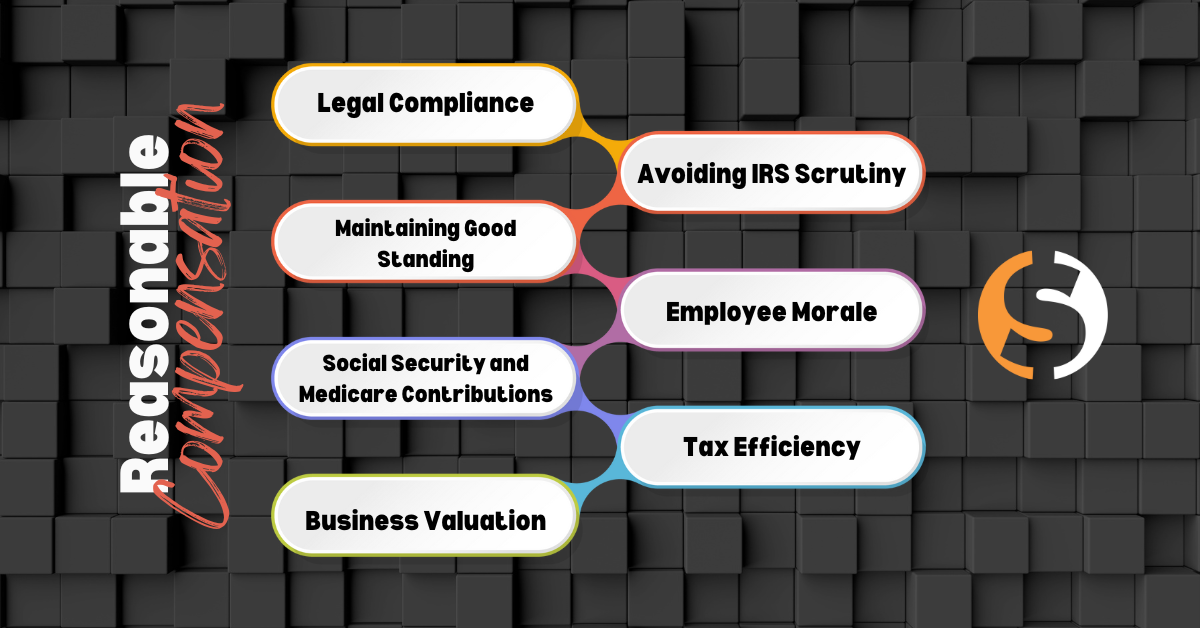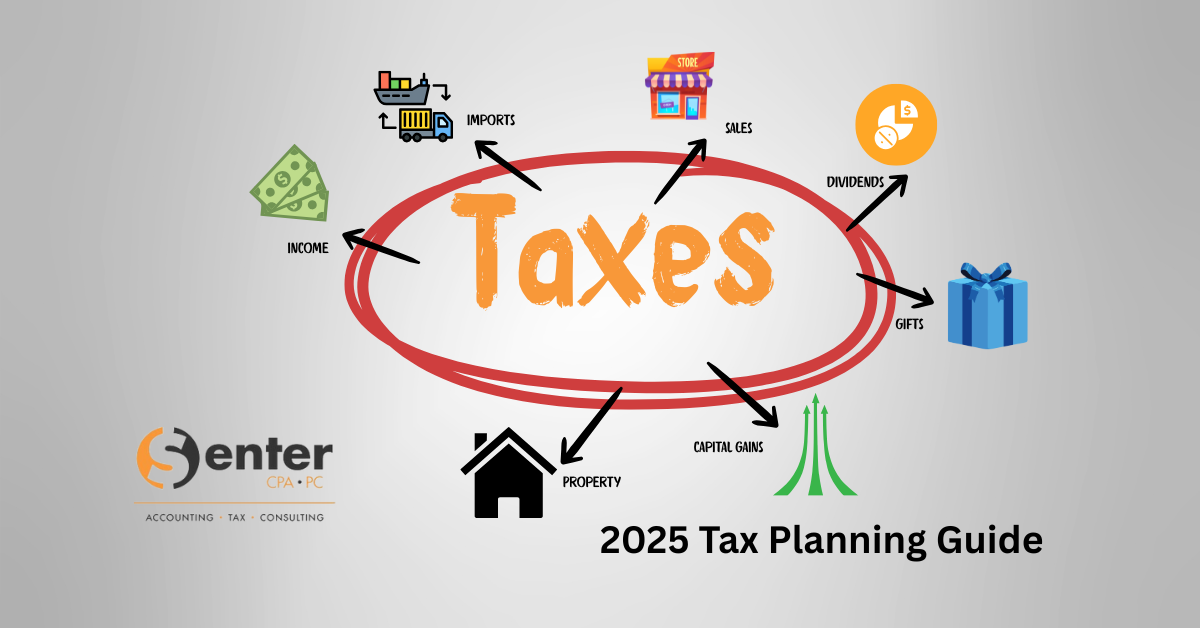The Importance of Calculating and Taking Reasonable Compensation Wages for S Corporation Owners
As a valued client of Senter CPA, it’s crucial to understand the significance of calculating and taking reasonable compensation wages, especially if you own an S Corporation. This practice not only ensures compliance with tax regulations but also plays a pivotal role in maintaining the financial health of your business.
- Legal Compliance: Owning an S Corporation comes with certain tax advantages, but it also requires adherence to specific rules and regulations. The IRS mandates that S Corporation owners pay themselves a reasonable salary for the services they provide to the business. Failing to do so could lead to legal repercussions and potential audits.
- Avoiding IRS Scrutiny: The IRS closely monitors S Corporations to prevent abuse of the tax system. If the compensation paid to an owner is deemed too low, it may trigger an audit. By calculating and taking reasonable compensation, you reduce the risk of drawing unwanted attention from tax authorities.
- Maintaining Good Standing: Demonstrating that you receive a fair wage for your role in the company helps maintain the credibility and legitimacy of your business. This can be crucial, especially when seeking financing, partnerships, selling your business outright or other business opportunities that may require a thorough financial review.
- Employee Morale: Taking reasonable compensation also impacts the morale of other employees. When the owner receives a fair wage, it sets a positive example for the rest of the team. This can foster a healthy work environment and contribute to better employee relations.
- Social Security and Medicare Contributions: Calculating reasonable compensation ensures that you contribute appropriately to Social Security and Medicare. This becomes essential for securing your future benefits and fulfilling your obligations as a responsible business owner.
- Tax Efficiency: While S Corporations offer tax advantages, it’s important to strike a balance. By determining reasonable compensation, you optimize your tax strategy, taking advantage of the benefits without triggering unnecessary tax liabilities.
- Business Valuation: Accurate compensation figures play a role in determining the overall value of your business. Whether you plan to sell, transfer, or bring in new partners, having a clear understanding of reasonable compensation enhances the precision of business valuation.
In conclusion, calculating and taking reasonable compensation wages is a proactive measure that goes beyond mere legal compliance. It’s a strategic move that safeguards your business, ensures fair treatment of employees, and contributes to a positive overall financial outlook. If you have any questions or need assistance in determining reasonable compensation for your S Corporation, our team at Senter CPA is here to help.














